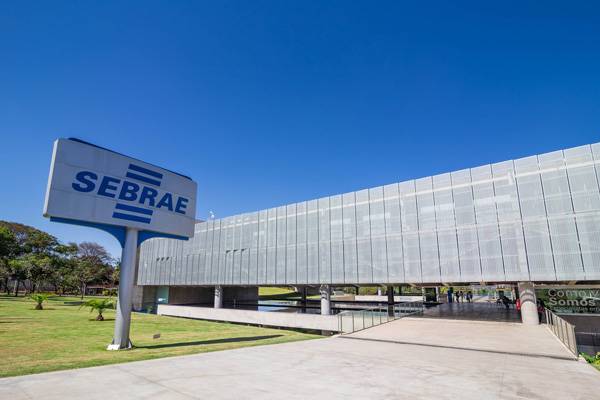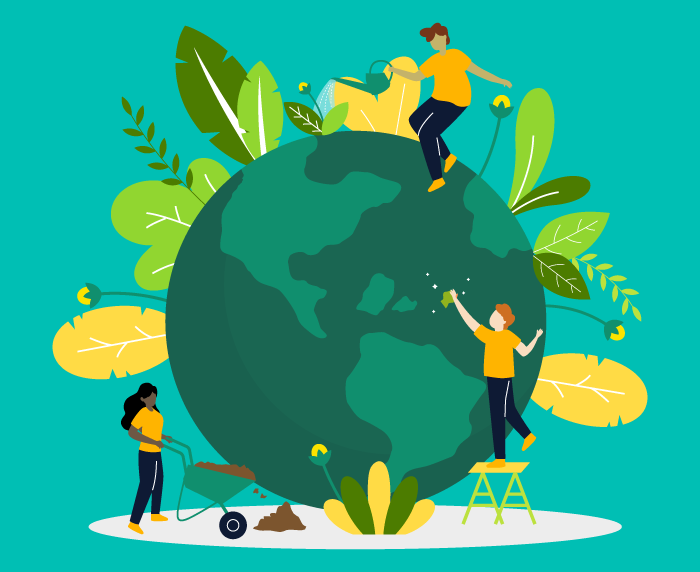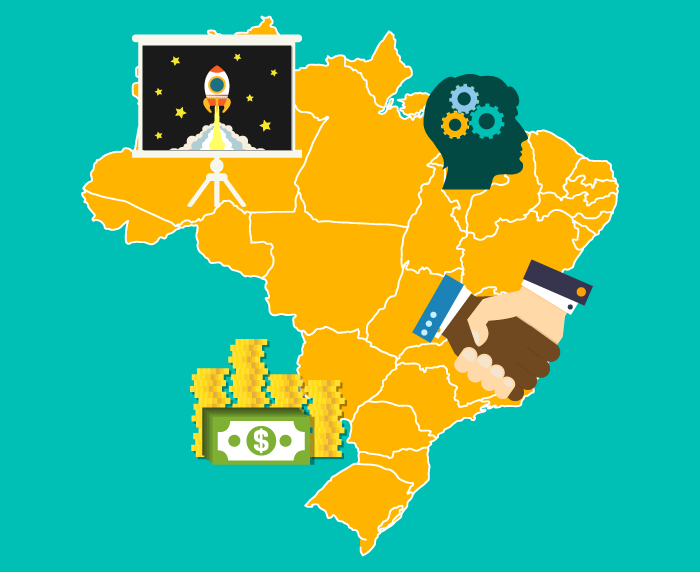Sep 2018
Por:Biominas Brasil
BIO Latin America | Biominas | Entrepreneurship | Events | Innovation | Businesses | News
 In Brazil, small businesses play a strategic role in socioeconomic growth. They are the major source of employment and account for 27% of the Gross Domestic Product (GDP). They represent 98% of formal companies, involving approximately 18 million small businesses, micro businesses, individual micro entrepreneurs, rural producers and craftsmen around Brazil. In view of this socioeconomic importance, small businesses receive distinguished, facilitated and simplified treatment through specific public policies.
In Brazil, small businesses play a strategic role in socioeconomic growth. They are the major source of employment and account for 27% of the Gross Domestic Product (GDP). They represent 98% of formal companies, involving approximately 18 million small businesses, micro businesses, individual micro entrepreneurs, rural producers and craftsmen around Brazil. In view of this socioeconomic importance, small businesses receive distinguished, facilitated and simplified treatment through specific public policies.
In terms of natural resources, Brazil is one of the countries with the richest biodiversity. It is among the 17 countries that, together, have 70% of the world’s biodiversity. The variety of biomes reflects the enormous wealth of flora and fauna in Brazil. The set of terrestrial biomes (Atlantic Rainforest, Amazon Forest, Cerrado, Caatinga and Southern Fields) have 20% of the world’s species, making up 20% of the worldwide flora.
Social responsibility and sustainability have become fundamental requirements in consumption relations, in people’s daily lives and in the economy. The consumer market wants companies and institutions to be strongly committed to biodiversity, rational use of natural resources, reuse of waste, among other responsibilities.
Seeking innovation, and having access to biotechnology and renewable biological resources are critical aspects in the development of new processes, assets and products within production chains, and this creates market opportunities for small businesses. Therefore, bioeconomy comprises a series of sustainable initiatives based on the rational use of renewable biological resources.
In this sense, small producers are directly involved in bioeconomy development, as they are the main custodians of natural resources. For this reason, the importance they have, especially in environmental and ecosystem services, has to be recognized.
Another aspect is the emergence of startups focused on creating innovative solutions to the main challenges faced by humankind, including: food safety, climate change, reduced dependence on fossil fuels, among others. This new entrepreneurial ecosystem has brought about socioenvironmental changes linking industrial production to rural production and extractivism, adding processes and sustainable products.
Just recently, Sebrae Rio de Janeiro held a workshop to map out bioeconomy ecosystems. The proposals brought forward as a result of this initiative have attracted the attention of universities and research centers that are interested in solutions for the food, fashion, civil construction, tourism and environmental segments. Since then, several projects have been selected for the initiative, thus stimulating the emergence of bio startups in Rio de Janeiro.
To make bioeconomy more accessible to small businesses, Sebrae has strategically partnered with the two main providers of services and biotechnology development: Empresa Brasileira de Pesquisa Agropecuária – Embrapa (Brazilian Agricultural Research Corporation) and Empresa Brasileira de Inovação Industrial – Embrapii (Brazilian Agency for Industrial Research and Innovation). Each one of these partnerships are intended to provide small businesses that want to innovate and promote sustainability with the support needed to enable a more effective management and higher competitiveness.
Examples include fomenting innovative businesses that use biotechnology to manufacture biodegradable plastic from cassava starch; energy and biofuels from biomass; the use of green-chemistry polymers in the industry; and research and use of biodiversity ingredients in personal care and cosmetic products.
Nowadays, Sebrae System carries out 16 projects, 14 of them focused on services and 2 on knowledge. Efforts have been made so that new technologies are used in the micro and small businesses served by sectorial projects, enabling the creation of new business models, technology-based enterprises, increased competitiveness, and broader access to new markets.
The presence of Sebrae in BIO Latin America 2018, in São Paulo, will help participants understand the importance, the position and the evolution of small businesses in this new scenario. It is also an opportunity to exchange knowledge, as this is one of the major global events on bioeconomy, gathering some of the world’s greatest experts. Therefore, in BIO Latin America 2018, Sebrae will have the chance to talk about its commitment to promoting bioeconomy, including its concern with environmental aspects and sustainability in small businesses.
Heloisa Menezes
Sebrae Technical Director
Ainda não recebemos comentários. Seja o primeiro a deixar sua opinião.





Leave a Reply